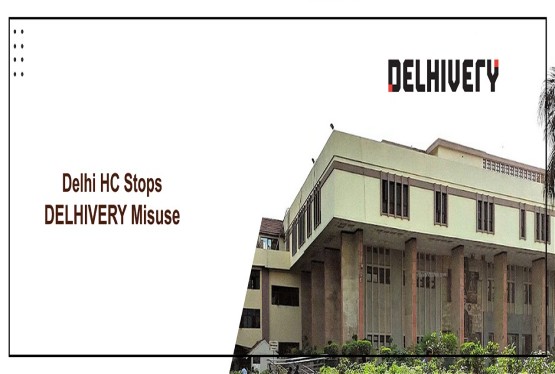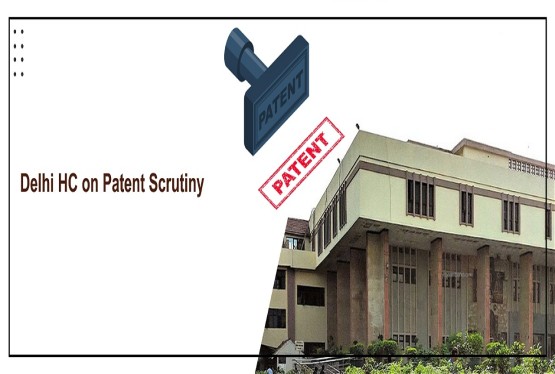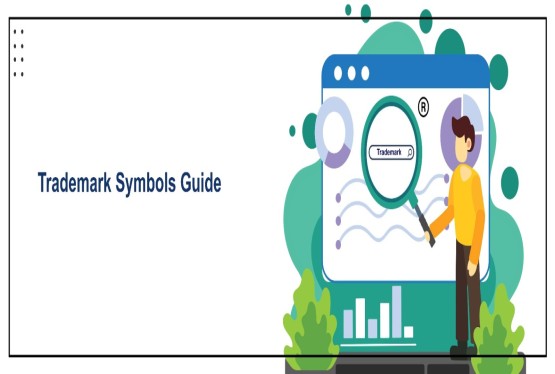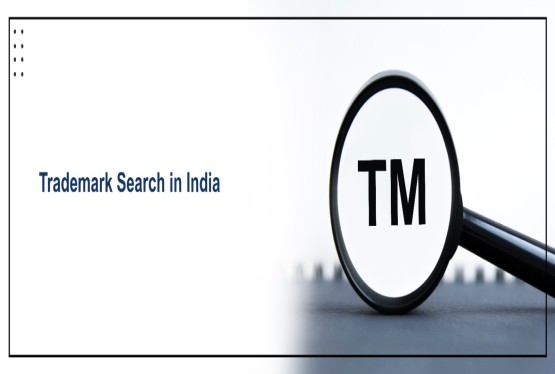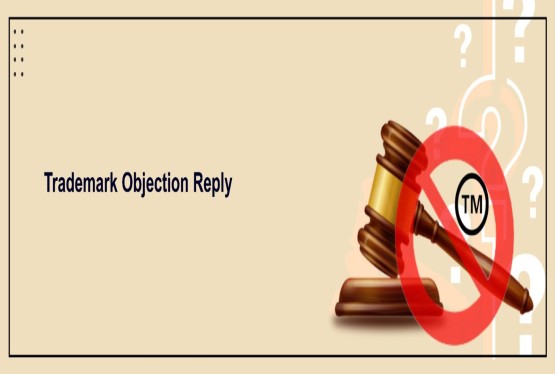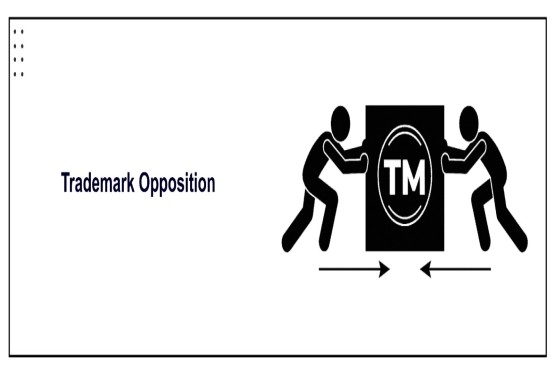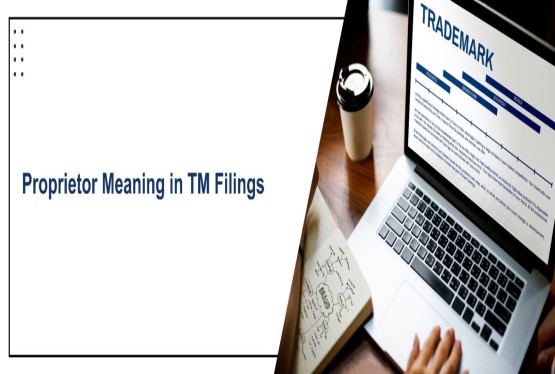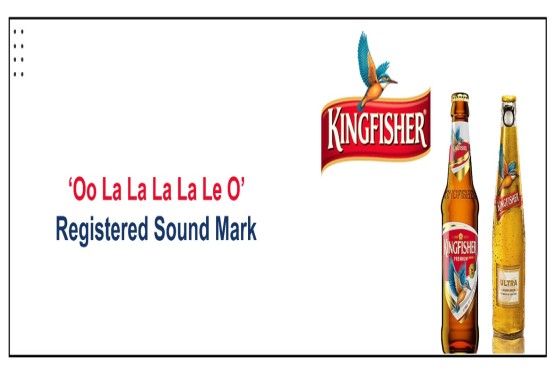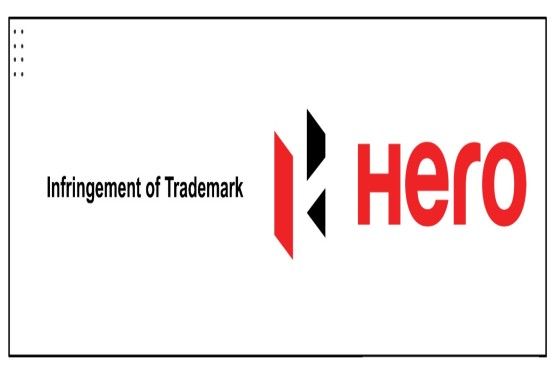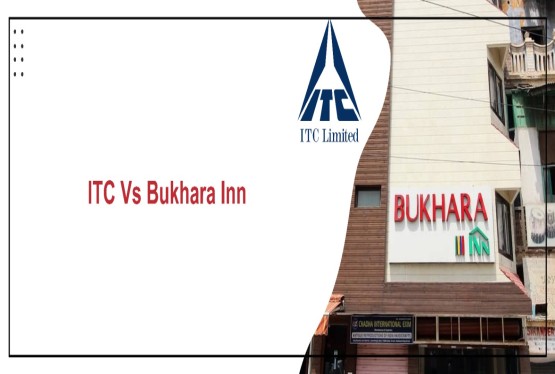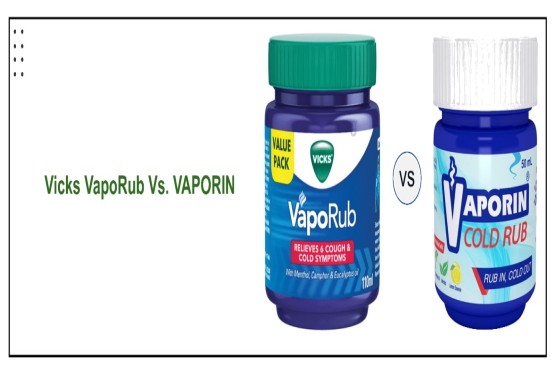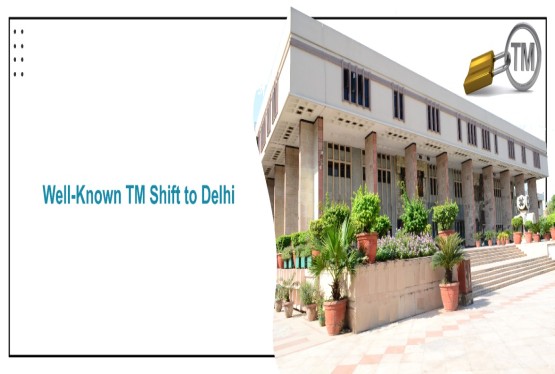The Barbie trademark, owned by Mattel Inc., is among the most valuable and recognizable marks globally. In India, Barbie has been recognized as a well-known trademark under the Trademarks Act, 1999, which means it enjoys broader protection against misuse. The Delhi High Court has decided multiple disputes concerning Barbie, balancing trademark rights with artistic freedom and fair competition. The Barbie brand, owned by Mattel Inc., is one of the most recognizable trademarks worldwide. First introduced in 1959, Barbie quickly became a global cultural symbol. With its widespread popularity, the Barbie mark has also faced challenges from competitors, businesses, and even artists.
Relevant Trademark Sections
-
Section 2(1)(zg): Defines a well-known trademark.
-
Section 9(2)(a): Refuses registration of marks that are scandalous or against morality (applied when Barbie’s image is tarnished).
-
Section 11(2): Protects well-known marks against use even on dissimilar goods/services.
-
Section 29(1) & 29(2): Infringement for identical/similar marks and goods.
-
Section 29(4): Infringement for dissimilar goods, if the use takes unfair advantage or harms the reputation of a well-known mark.
-
Section 29(8): Prohibits unfair or misleading advertising using a trademark registration.
-
Section 135: Remedies available injunctions, damages, accounts of profits, delivery-up of infringing goods.
Landmark Delhi High Court Judgments on Barbie
Mattel Inc. v. Aman Bijal Mehta & Ors. (2017) – “Barbie Girl” Bollywood Song Case
-
Facts: Mattel objected to the use of “Barbie Girl” in a song in the movie Tera Intezaar.
-
Court’s View: Delhi HC refused to grant an ex parte interim injunction, holding that artistic works are protected under Article 19(1)(a) of the Constitution (freedom of speech & expression).
-
Relevant Sections:
-
Section 29(4): Claimed by Mattel (dilution across dissimilar services).
-
Section 29(8): Invoked to argue unfair use in advertising/promotional campaigns.
-
Outcome: The Court, relying on U.S. precedent (Mattel v. MCA Records), emphasized that parody and free expression must be balanced against trademark rights.
Mattel Inc. v. Present Enterprises & Ors. (2021) – E-commerce Infringement Case
-
Facts: Mattel sued Flipkart sellers for selling counterfeit “Rainforest Family” products resembling Barbie’s copyrighted works.
-
Court’s View: Delhi HC granted an ex parte injunction against defendants for copyright infringement, and directed Flipkart to take down listings. On trademark claims, the Court sought to hear defendants before granting injunctions.
-
Relevant Sections:
-
Section 29(1) & (2): Invoked for direct infringement of Barbie trademarks.
-
Section 135: Used for injunction orders and delivery-up of infringing products.
-
Outcome: Strong protection given for copyright; trademark issues kept open for detailed hearing.
Mattel Inc. v. Kitchenware/Hospitality Firm (2025) – “Barbie Catering” & “Barbie Kitchenware”
-
Facts: Defendant used “Barbie” for kitchenware, catering, and hospitality services.
-
Court’s View: Justice Manmeet Pritam Singh Arora granted an ad-interim injunction, restraining use of Barbie across all these businesses.
-
Relevant Sections:
-
Section 11(2): Extended protection since Barbie is a well-known mark.
-
Section 29(4): Found infringement even for dissimilar goods (kitchenware, catering).
-
Section 29(8): Applied to restrain misleading advertising and social media promotion.
-
Section 135: Ordered injunction and takedown of posts from online platforms.
-
Outcome: Strong protection for Barbie brand against dilution and initial interest confusion.
Analysis of Court’s Approach
-
Trademark Dilution: Delhi HC consistently applies Section 29(4) to stop use of Barbie even on unrelated goods, reflecting its status as a well-known mark.
-
Freedom of Expression: In artistic contexts (songs, films), courts avoid premature injunctions, giving weight to Article 19(1)(a).
-
Online Enforcement: Courts have extended remedies under Section 135 to digital platforms, ensuring takedown of infringing content.
-
Well-Known Mark Advantage: Barbie’s recognition under Section 2(1)(zg) gives Mattel wider enforcement power compared to ordinary marks.
Observations & Legal Significance
Prima Facie vs. Full Trial
-
Delhi HC tends to grant interim protection in cases of clear misuse (as in the kitchenware case) where the plaintiff shows strong evidence.
-
In borderline cases involving expressive works (songs, films), the court is more reluctant to grant ex parte relief without hearing the other side.
Well-Known / Famous Mark Leverage
-
In the kitchenware case, Delhi HC relied on Mattel’s status and the strong recognition of Barbie to justify broader preventive relief even across dissimilar goods or services.
-
That aligns with doctrine under Section 11 and Section 29(4) of the Indian Trademarks Act.
Initial Interest Confusion / Dilution Theories
-
The court in the kitchenware case referenced the idea that adopting a famous mark may create initial interest confusion even if products aren’t identical, the defendant might capture consumer interest.
-
This is an advanced trademark theory and indicates Delhi HC’s openness to dilution/extended reach arguments in well-known mark disputes.
Free Speech & Parody Safeguards
-
In the Tera Intezaar song case, Delhi HC was wary of prematurely restraining artistic works.
-
The court recognized that trademark rights are not absolute and must be weighed against freedom of expression especially in creative/expressive works.
Remedies Beyond Goods
-
The court in the kitchenware case also ordered social media takedowns, showing that relief may extend not just to physical products but also to promotional and online uses.
Final Word
The Delhi High Court has played a crucial role in shaping the jurisprudence on well-known trademarks in India. While it strongly protects Barbie against dilution, misuse, and unfair competition under Sections 11, 29, and 135 of the Trademarks Act, 1999, it also respects freedom of speech in artistic works. These judgments strike a careful balance between brand protection and public interest.
FAQs
Q1. Which section protects Barbie as a well-known mark in India?
Ans. Section 2(1)(zg) read with Section 11(2) of the Trademarks Act, 1999.
Q2. Can Mattel stop Barbie’s use on unrelated goods like catering?
Ans. Yes, under Section 29(4), since Barbie is a well-known mark.
Q3. What remedies did Delhi HC grant in these cases?
Ans. Under Section 135, injunctions, social media takedowns, and seizure of infringing goods.
Q4. Why was no injunction given in the “Barbie Girl” song case?
Ans. The court balanced trademark rights with Article 19(1)(a) (freedom of expression).
Q5. Does Delhi HC recognize Barbie as a well-known trademark?
Ans. Yes, multiple orders have affirmed Barbie’s well-known status, giving it expanded protection.

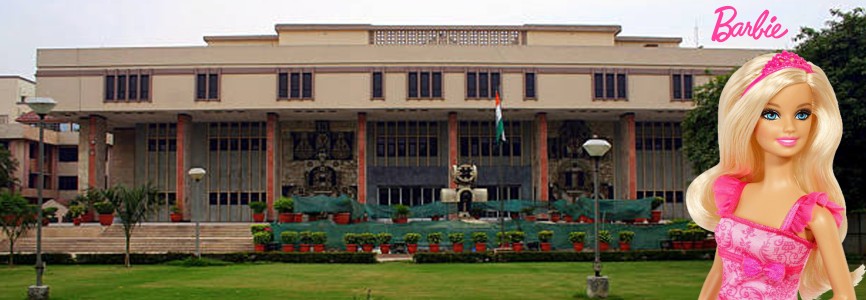




























_(b)_of_the_Trademark_Act,_1999_(1)_crop10_thumb.jpg)



_crop10_thumb.jpg)




























_crop10_thumb.jpg)
_crop10_thumb.jpg)






_crop10_thumb.jpg)








_crop10_thumb.jpg)



_crop10_thumb.jpg)





























_crop10_thumb.jpg)

















_crop10_thumb.jpg)






_crop10_thumb.jpg)












































































































































_crop10_thumb.jpg)




































_crop10_thumb.jpg)












_crop10_thumb.jpg)















































_crop10_thumb.jpg)

































































































